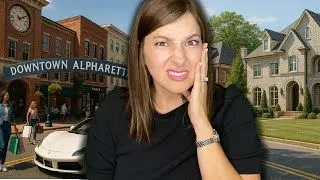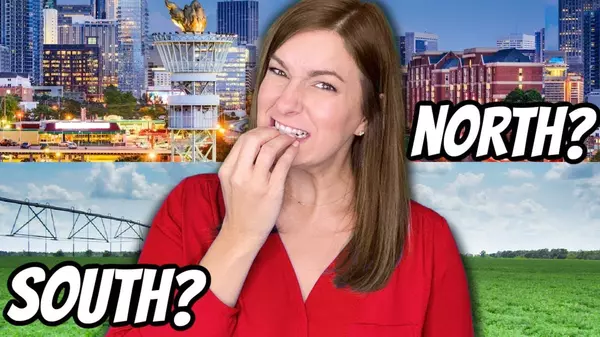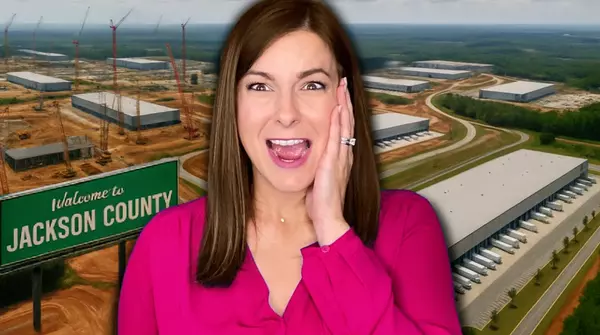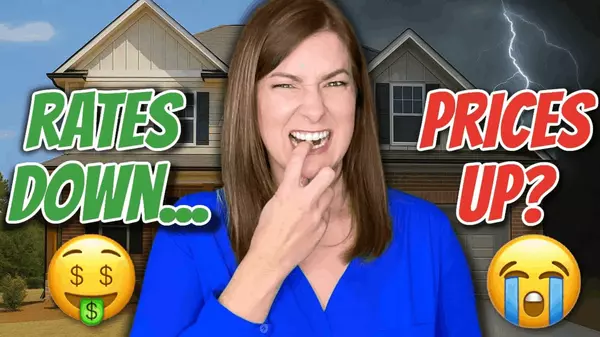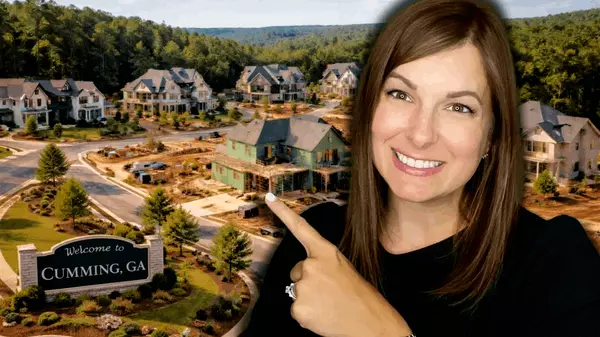
Georgia's Hottest New Construction Markets
Georgia’s Hottest New Construction Markets (And Where Buyers Still Win) New construction homes in Georgia are often assumed to be overpriced, competitive, and out of reach — especially for buyers relocating from out of state. But here’s the truth most people miss: New construction is still one of
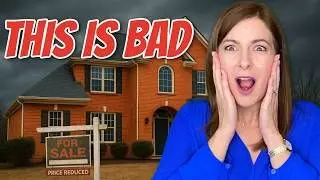
Something Strange Is Happening In The Georgia Real Estate Market
Something Strange Is Happening in the Georgia Real Estate Market If you’ve been following real estate headlines lately, you’ve probably seen a lot of mixed messages. Some say the market is crashing. Others claim prices are still climbing. Buyers feel confused. Sellers feel unsure. And honestly? That

Living in Metro Atlanta: 10 Reasons People Are Relocating to Georgia Right Now
10 Reasons Everyone Is Moving to Georgia (and Why Metro Atlanta Tops the List) Over the last few years, I’ve watched families from all over the country fall in love with Georgia — especially the North Metro Atlanta suburbs. From affordable homes to a thriving job market and a lifestyle that just fee
- 1
- 2
- 3
- 4
- 5
- ...
- 17
Categories
- All Blogs (197)
- 55+ Community (5)
- Alpharetta (10)
- Atlanta (18)
- Braselton (3)
- Buford (9)
- Cumming (9)
- Dacula (1)
- Dawsonville (2)
- Duluth (3)
- Florida (4)
- Flowery Branch (4)
- Gainesville (14)
- Georgia (50)
- Grayson (1)
- Home Buyer (1)
- Homeowners (1)
- Hoschton (1)
- Housing Market (3)
- Jefferson (2)
- Johns Creek (4)
- Lake Hartwell (1)
- Lake Lanier (16)
- Lawrenceville (3)
- Loganville (1)
- Metro Atlanta (14)
- Milton (1)
- Monroe (1)
- New Construction (7)
- North Georgia (3)
- Real Estate Market (9)
- Snellville (1)
- Sugar Hill (2)
- Suwanee (5)
- Townhomes vs Houses (1)
- Townhouse (1)
- YouTube Resources for Agents (1)
Recent Posts



